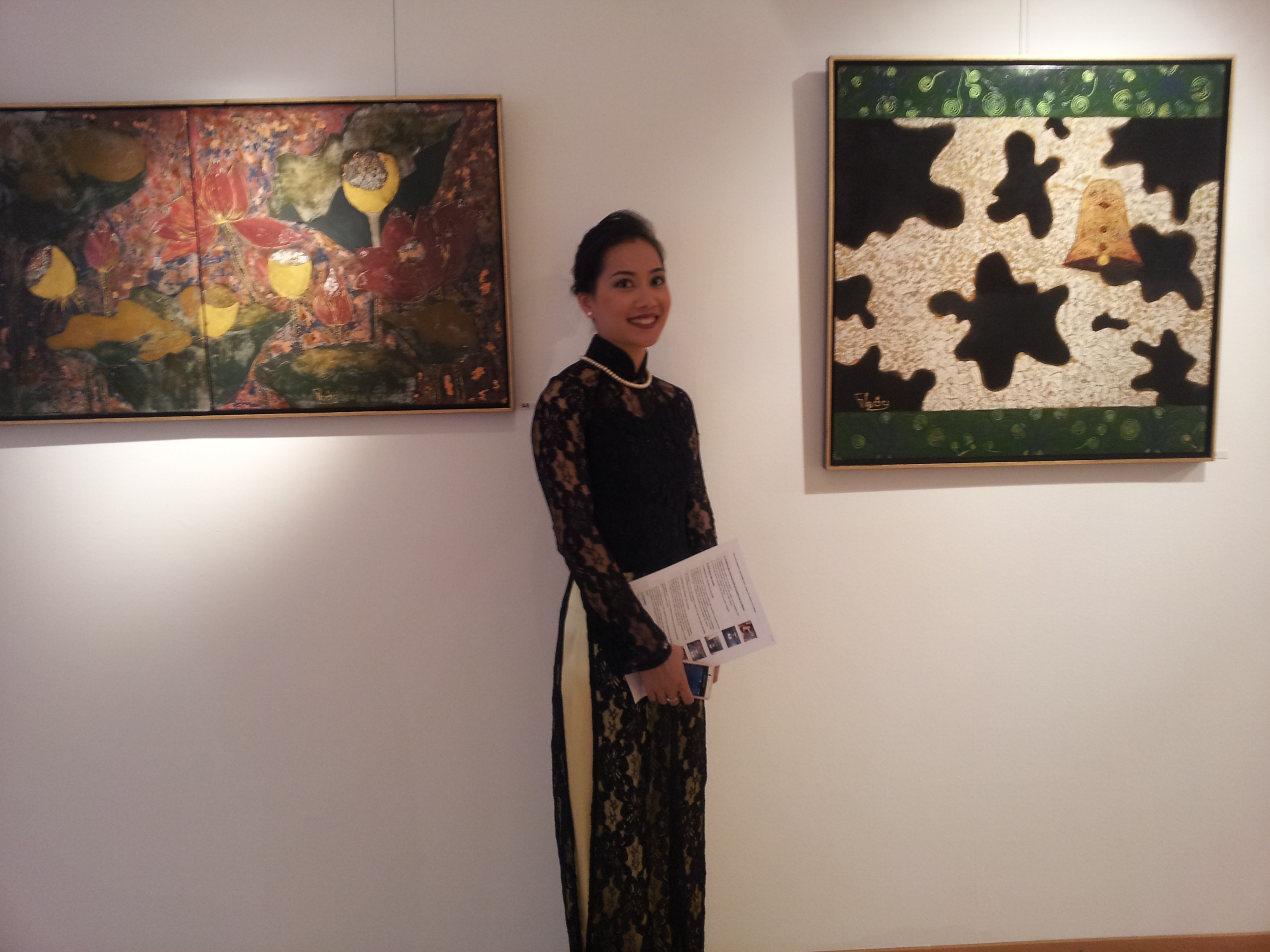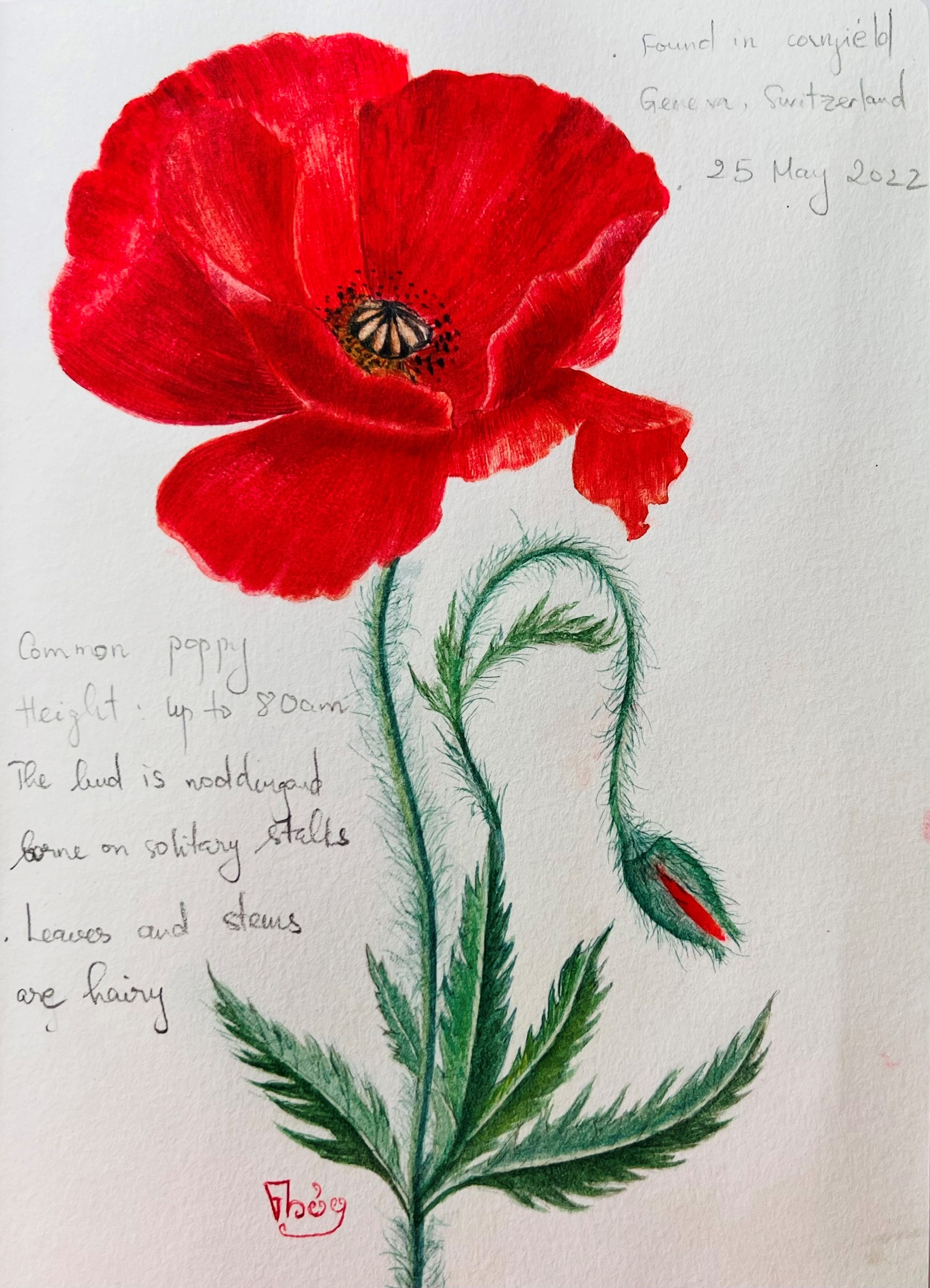Natural History Studies
‘To draw is to really see and understand the uniqueness of the world of nature.’
Natural History Studies is the study of the natural world, recording in detail the unique species of life on earth. An opportunity for Art to meet Science on equal terms. Studies will make connections and be underpinned with contextual and historical referencing. You will study art techniques of scaling up, composition, colour mixing, identification, but also ecology.
This is designed for both distance learners and local learners, in equal measure. All the core modules are designed for distance self-paced online learning that you can access at a time that suits you.
We also deliver some modules face-to-face at locations across Wales, giving you an opportunity to learn with others and visit habitats and gain a greater experience of working on location. We also collaborate with Welsh field study centres and venues where you can get up close and personal to wildlife.
Find out more about the Natural History Studies Framework (PDF).
Browse our Natural History Studies courses by clicking here. You can also read more about the Higher Education Certificate, and read our Course Start Letters for more information.
If you have any questions about the programme please email Alison Pierse at chp@aber.ac.uk. For administrative queries please email the Lifelong Learning Office learning@aber.ac.uk.


